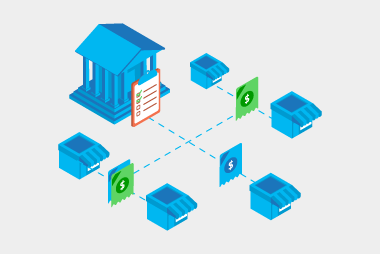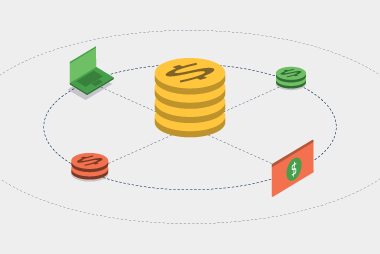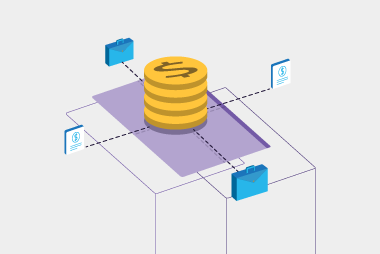Why payday super is being introduced
Currently, employers only need to pay superannuation guarantee (SG) contributions quarterly. This delay means employees may not see their super until weeks or months after they’ve earned it, and some never receive it at all. By being paid super on their payday, it means “the average 25-year-old workers’ retirement balance an extra $6000 in today’s dollars”, according to the Government. The Government’s payday super reforms aim to:- ensure employees receive their super sooner
- reduce unpaid super by aligning payments with payroll cycles
- improve visibility and trust in the super system
- help workers grow their retirement savings faster.
The practical impact of payday super
From 1 July 2026:- Employers will be required to pay SG contributions each pay cycle, at the same time as, or soon after, salary and wages are paid.
- Contributions will need to be received by the employee’s super fund within 7 business days of payday.
- Funds must allocate or return contributions that cannot be allocated, within 3 business days, down from 20.
- A new “qualifying earnings” (QE) base will replace the current ordinary time earnings (OTE) base for SG purposes.
- The ATO’s Small Business Superannuation Clearing House will close to new users from 1 October 2025, and cease operation from 1 July 2026.
- There will be changes to the SuperStream data and payment standards:
- Data standard will allow for faster payments via the New Payments Platform and improve error messaging to ensure employers and intermediaries can quickly address errors.
- Enhanced error response messaging will allow employers, gateways and clearing houses to quickly identify and fix contribution issues.
- A new SuperStream Member Verification Request (MVR) message is also being developed for employers to verify an employee’s super fund details are correct and the super fund will accept a contribution.
What Payday super means for super funds
Although employers are the ones directly affected by the payment timing rules, super funds will feel the operational impact. More frequent payments mean more data, more reconciliation and greater demand for automation. Here’s what funds should consider:1. Managing increased contribution volumes
Funds that currently process monthly or quarterly contributions will soon much more frequent inflow of data. Systems that rely on batch processing or manual checks will need to evolve to handle continuous data flows. This shift aligns with a broader payments modernisation agenda – moving from batch-based systems like BECS to real-time, data-rich payments through the NPP. The move to payday super will therefore dovetail with the retirement of BECS by 2030, reinforcing the importance of modern, flexible payment infrastructure.2. Automating data validation and reconciliation
With higher transaction frequency means there’s less room for manual intervention. Automated tools that can validate, reconcile and report in real time will become critical to efficiency and compliance. For funds, adopting technology that leverages richer NPP data will help reduce contribution errors, accelerate allocation and minimise unallocated contributions.3. Updates to SuperStream messages
Funds will need to review and update their SuperStream messaging and processing systems to accommodate new data elements introduced for payday super, including fields related to NPP payment information and the addition of the new Member Verification Request (MVR) message type. Improved error response messages will play an important role in maintaining data integrity. These changes will help funds, employers, and intermediaries resolve contribution errors faster, improving member outcomes and reducing administrative effort.Prepare for payday super now
Payday super will reshape the super landscape. The proposed start date of 1 July 2026 gives funds a window to:- assess system scalability and readiness
- automate data ingestion and reconciliation
- test processes for continuous contribution flows
- collaborate with clearing houses, payroll providers and gateways to align on new data and payment standards
- review communication strategies for members and employers.
How MessageXchange can help
MessageXchange already enables some of Australia’s largest super funds, payroll providers and employers to exchange super contribution data securely, accurately and efficiently. Our platform is built to handle high transaction volumes and real-time processing, making it ideal for the move to payday super. By automating data validation, securely transferring contributions and providing detailed reporting, MessageXchange helps funds and employers get ready for this next evolution in the super system.The bottom line
Payday super is not yet law, but it’s coming. For super funds, now is the time to prepare systems, partners, and processes to handle more frequent contributions. The changes will deliver long-term benefits to members, but only if the industry acts early to adapt.Request a call
Chat with one of our experts
Just fill out your details below and we'll be in touch within one business day.


